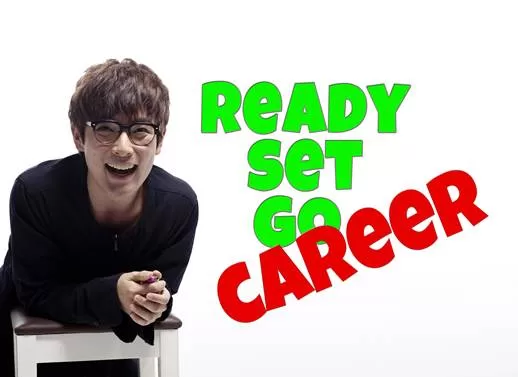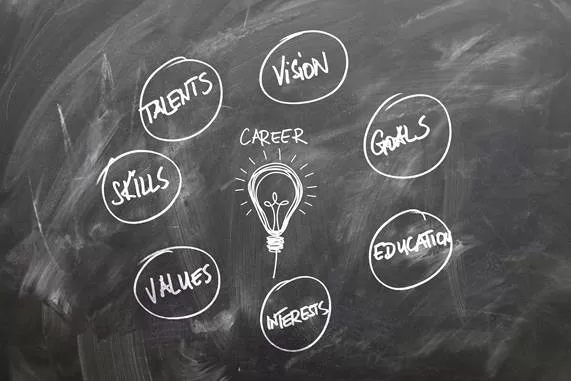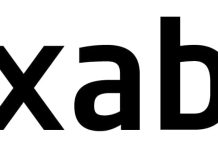Many students reach senior high, or even Matric and beyond, without knowing what career they would like to pursue after school. Unfortunately, leaving this planning too late can cause great stress for both parents and students, and will likely limit one’s potential options, an education expert says. This is why early career guidance is vital during the early high school years – firstly to determine a student’s passion and purpose, and then to align their high school path to future qualification opportunities.
“Career guidance allows students to be fully informed about their choices, and to make strategic decisions that will broaden their opportunities and set them up for success throughout their academic journey and career,” says Dr Bronwyn Le Ann Batchelor, Head of Faculty: Law at The Independent Institute of Education, SA’s leading private higher education provider.
“While many parents and guardians adopt a ‘wait-and-see’ approach, the reality is that insufficient early exposure to relevant career guidance puts students at risk of making ill- or even misinformed education and career choices. Without adequate awareness of their abilities, potential opportunities, and the structural challenges to employment, the challenges of transitioning to higher education and the world of work can become daunting,”
Dr Batchelor says that having a clear idea of one’s general future direction, helps students establish the path towards a meaningful career, as well as find purpose in their school studies.
“Once you know what qualifications will be required for your future career field, you can then work your way back to ensure you pursue the correct subjects and perform in line with the entry requirements at higher education institutions.
“For example, if you want to enter a legal career and ultimately become a lawyer – whether an attorney or an advocate – it is important to know that the only qualification that allows this progress is the Bachelor of Laws (LLB) degree. Students who are not adequately informed may incorrectly believe that they can enter a legal career with a Bachelor of Commerce in Law or a Bachelor of Arts in Law. Although these degrees allow further progression and articulation to a Bachelor of Laws (LLB) degree, it is only the Bachelor of Laws (LLB) degree that would allow ultimate entry into the legal profession.”
Staying with the legal example, students who aspire to run their own law firm and have been given proper guidance will know that it may be necessary to opt for a longer study route to ensure they obtain all the necessary entrepreneurial, business, management, and legal subject matter expertise. This could include completing a Bachelor of Commerce in Law first and after that pursuing a Bachelor of Law
“A career is more than just a job; it is a lifetime pursuit that provides fulfilment, purpose, and financial stability. The importance of choosing a career lies in its ability to provide direction and focus for your life goals and aspirations,” says Dr Batchelor.

“In high school, students are often only aware of the popular and common career choices or those which their social circle or family are associated with, whereas there are many more career opportunities in today’s working world with this list growing daily.”
Career guidance normally begins with an assessment of a student’s skills, interests, and strengths. This information is then used to identify potential career paths that may be a good fit. A career counsellor may provide information about various occupations, such as job requirements, growth potential, and earning potential. They may also help students explore education and training options and offer advice on how to gain relevant work experience.

“The good news is that career guidance is accessible to everyone,” says Dr Batchelor.
“Any reputable higher education institution will have a career guidance or counselling office. We therefore encourage students to make an appointment and consult with a counsellor as early on in their high school education as possible, in order to ensure that they are fully equipped to make subject choice decisions that align with the entry requirements into the qualification they need to fulfil their academic and career aspirations.”


























